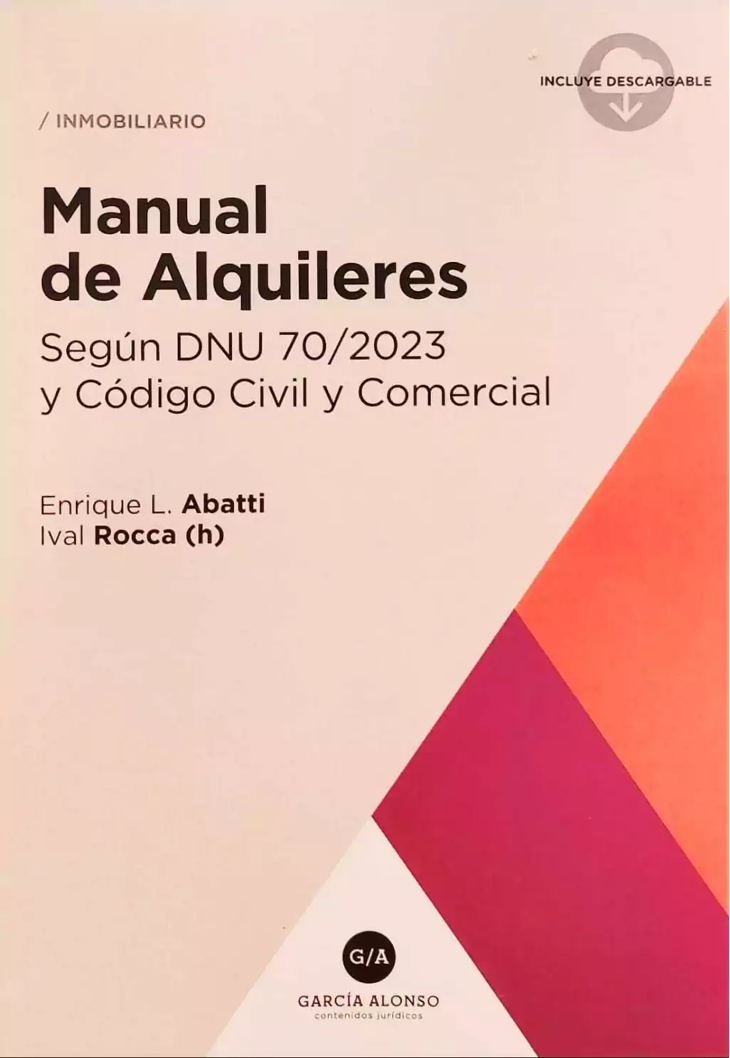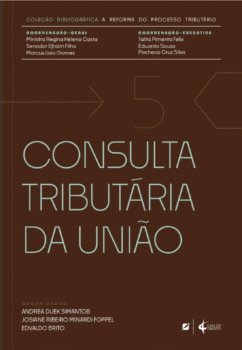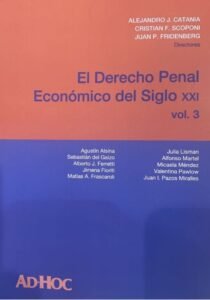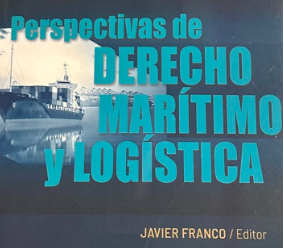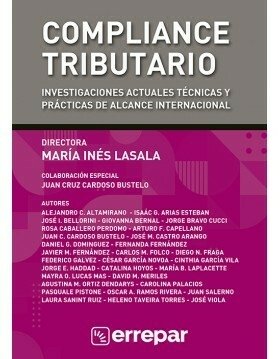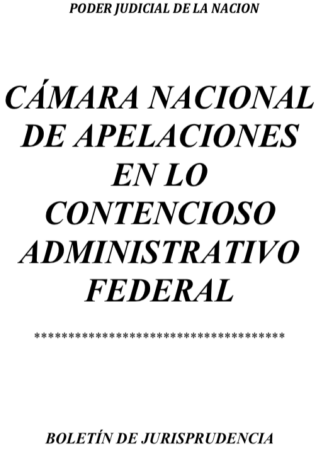OMC: China plantea un diferencia contra los Estados Unidos sobre medidas antidumping que afectan a productos chinos
El 3 de diciembre, China presentó a la Secretaría de la OMC una solicitud de celebración de consultas con los Estados Unidos sobre el uso de determinadas metodologías en investigaciones antidumping relativas a productos chinos.
(de momento sólo en inglés)
China notified the WTO Secretariat, on 3 December, of a request for consultations with the United States regarding the use of certain methodologies in anti-dumping investigations involving Chinese products.
In its request for consultations, China alleges that the US Department of Commerce (USDOC) uses certain anti-dumping methodologies that are inconsistent with the US obligations under the Anti-dumping Agreement. These methodologies include the use of a “targeted dumping methodology”, including zeroing, in original investigations and administrative reviews; the presumption that all producers and exporters from countries that the US consider non-market economies (“NME”) comprise a single entity (also referred to by China as “single rate presumption” methodology); the calculation of a single dumping margin or a single anti-dumping duty rate for that entity (“NME-wide methodology”); and the use of inferences that are adverse to the interests of a party when the USDOC considers that this party has failed to cooperate. This is the eighth case filed by China against trade remedy measures adopted by the US (and the fourth such case filed this year).
> En los próximos días se facilitará más información en el documentoWT/DS471/1
¿Qué es una solicitud de celebración de consultas?
La solicitud de celebración de consultas inicia formalmente una diferencia en la OMC. Las consultas dan a las partes la oportunidad de debatir la cuestión y encontrar una solución satisfactoria sin llegar al litigio. Pasados 60 días, si las consultas no han permitido resolver la diferencia, el reclamante puede pedir que la resuelva un grupo especial.








